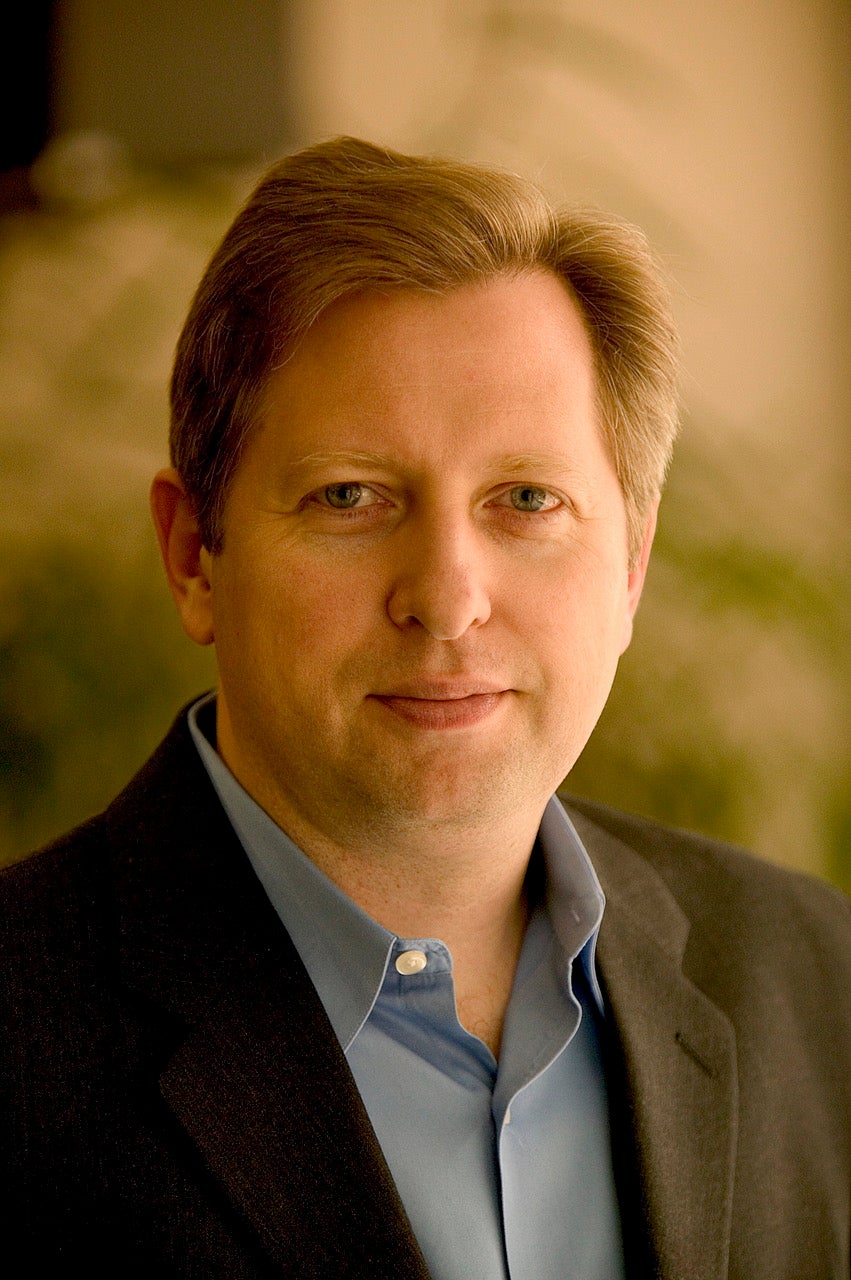The surprising insights into what people believe — and why

"This I Believe: Life Lessons" is among nine "This I Believe" editions published to date, based on the long-running NPR radio series by the same name.
Few would recall a sick day at home with the flu as a life-changing moment. But for public radio producer Dan Gediman, it was bedridden boredom that launched a journey in the early 2000s that continues today.
“I was looking through books on our bookshelf and I happen to see a book that said, 'This I Believe, Edward R. Murrow,’” said Gediman. “In my world of public broadcasting, you know Edward R. Murrow is a god, so I was immediately intrigued because of his name, opened up the book, started reading it and I couldn't put it down.”
The 1952 book was a collection of short essays compiled by famed journalist Edward R. Murrow and written by both famous and everyday people about their most deeply held beliefs. In the shadow of 9/11, Gediman resurrected the concept, leading to a four-year series on NPR, nine books and a not-for-profit organization that engages youth and adults from all walks of life in writing, sharing and discussing personal essays about the core values that guide their daily lives.
One of those nine books, “This I Believe: Life Lessons,” was required summer reading for every first-year student enrolled on Arizona State University’s West campus this fall. 2019 marks the 11th anniversary of the West campus project, dubbed Summer Community Read, which each year culminates with a visit by the author or creator of the selected work.
“But this is not just for our first-year students,” said ASU West campus Vice Provost Todd Sandrin. “We invite faculty, staff and our entire community to read the book, then join us to meet the author for a seminar and book signing.”
"This I Believe" creator Dan Gediman will present at a free public seminar and book signing on ASU's West campus at 6 p.m. Sept. 19.
“We had never ever, ever, ever in a million years dreamed that we were going to get more than 10,000 people sending us essays,” said Gediman. “That was like the maximum we could have imagined when we started. And then it just took off.”
Since the relaunch of “This I Believe,” the project has received well over a quarter million submissions.
This response provides unique insight into the personal beliefs of people from all walks of life and geographies, plus inevitable comparisons with those from nearly 70 years ago.
“These were two completely different eras in American history, so in the post-World War II era, it was still a nation of writers,” said Gediman. “In the 1950s the writing was much more formal — even though it was deeply personal, not necessarily as confessional.
“People who have written these contemporary ‘This I Believe’ essays are more willing to talk about very difficult subjects that triggered a certain belief in them, whether that's a death in the family, a traumatic incident, parents breaking up, addictions, abuse and things like that, that were rather rare to talk about openly in the 1950s.”
In an era where political and social differences seem wider than ever, Gediman sees parallels that give him hope for the future.
“A major reason why I was inspired to do this series in the first place… it was right after 9/11 and just exactly at the point where the Iraq War was being contemplated,” he said.
“It was a very divided time then and people were talking about how divided the country was and how nobody was listening to each other. If you look in our history, we do this cyclically. It is not our first time around the block being this divided, being this vitriolic to one another.
“The time right after World War I was pretty dreadful. We had riots all over the country in 1919, 1920. So, we've done our bit in this country of not getting along and not listening to each other. ‘This I Believe’ was all about listening to one another. That was good medicine in 2003 when this first dropped in my lap, and I think it's a good medicine today.”
Gediman will visit ASU's West campus on Thursday, Sept. 19, for a public seminar and book signing at 6 p.m. For more information and free registration, please visit NewCollege.asu.edu/i-believe-community-read.
More Arts, humanities and education

Pen Project helps unlock writing talent for incarcerated writers
It’s a typical Monday afternoon and Lance Graham is on his way to the Arizona State Prison in Goodyear.It’s a familiar scene.…

Phoenix civil rights activists highlighted in ASU professor’s latest book
As Phoenix began to grow following WWII, residents from other parts of the country moving to the area often brought with them Jim…

Happy mistake: Computer error brings ASU Online, on-campus students together to break new ground in research
Every Thursday, a large group of students gathers in the Teotihuacan Research Laboratory (TeoLab) in the basement of the…


